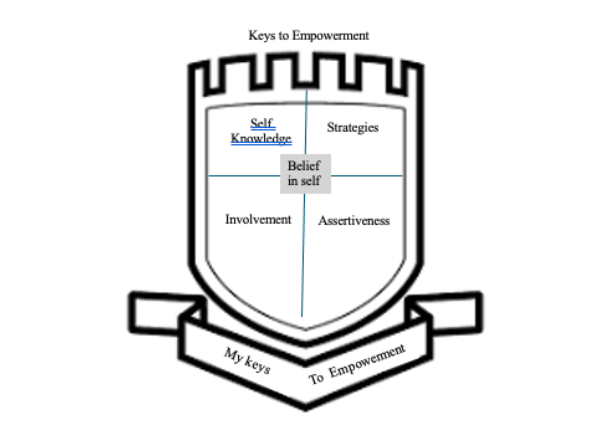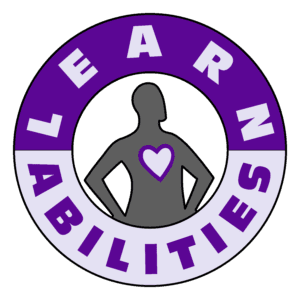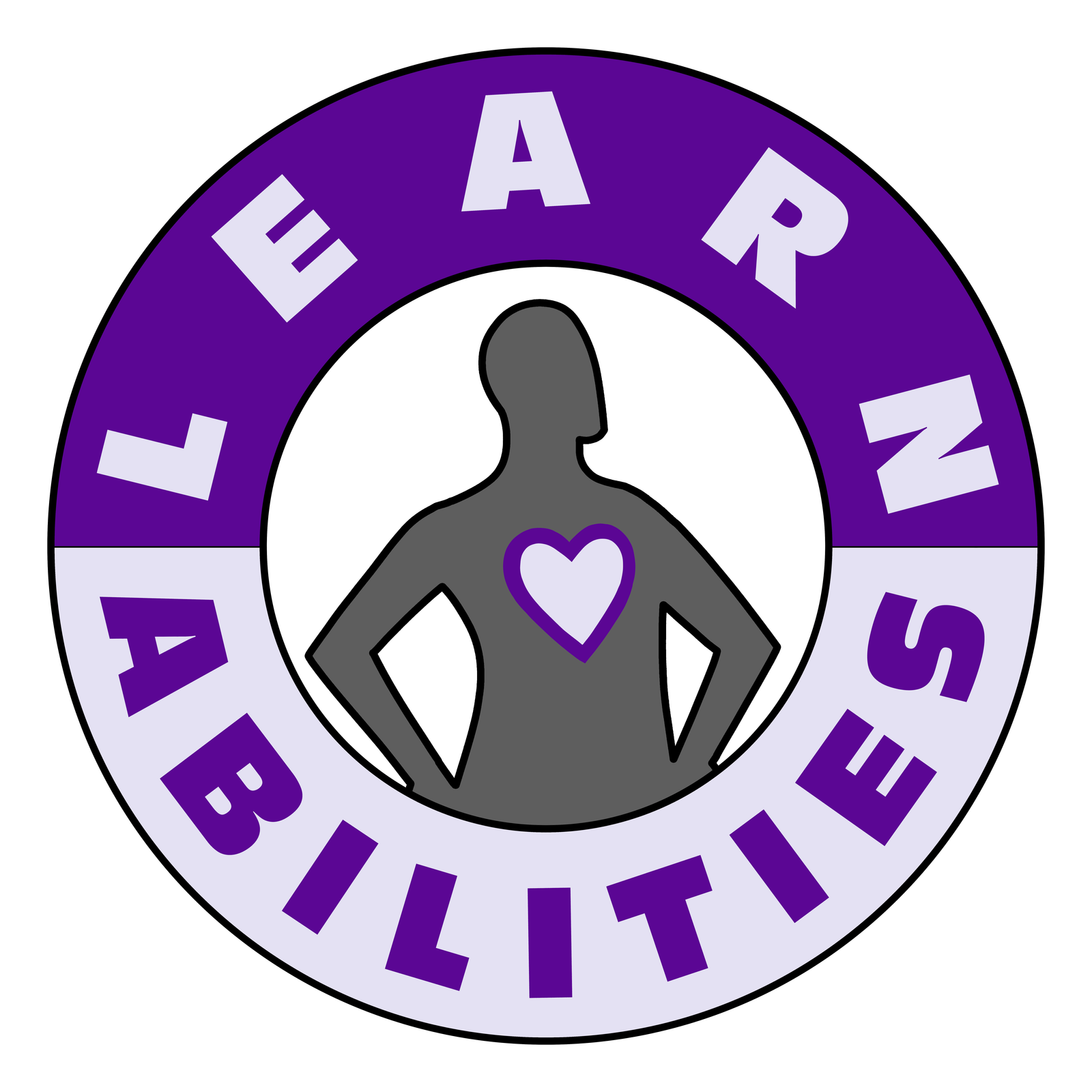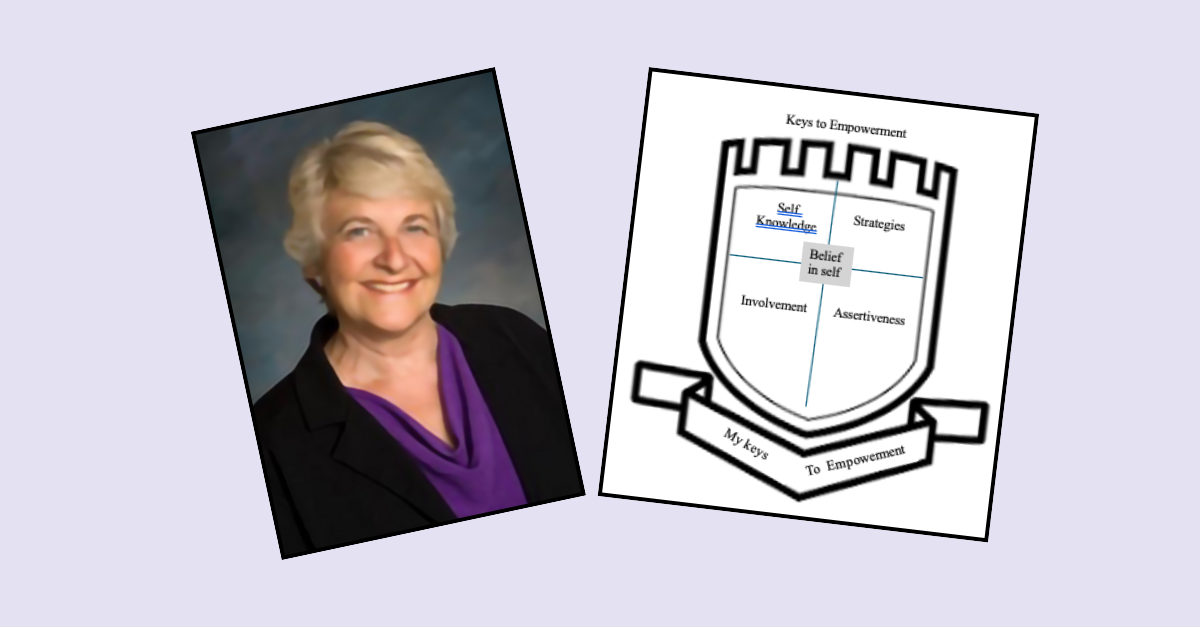Ellen Arnold: 5 Keys to Empowerment
By: Ellen Arnold, Ed.D., Helping Learners Unlock their Potential
When working with neuro-diverse students (5th through 12th grade) and their families, we can address specific ways to empower our students so that they can become effective, independent lifelong learners. The 5 Keys to Empowerment workshop utilized interactive activities that modeled and highlighted how to make this happen.
In this 6-8 hour workshop, each student invited a parent or significant adult to attend and participate. Every activity was done in dyads, with each student adopting someone else’s adult to complete the task. The adults used the prepared worksheets to structure their interactions and to take notes on what the students shared.
Key # 1: Belief in Self
In order to be an effective, strategic learner, you need to know what you are good at and believe that you are capable. Too often, neuro-diverse students have had so much failure that they have lost this belief which is the cornerstone to success. Here are some questions to reflect on, in order to regain or build upon this belief.
- What are you good at? How do you know?
- What do you like to do? When does time fly for you?
- When does your brain work well?
- When are you confident in your ability?
Key # 2: Self Knowledge
You know yourself better than anyone else can (or should). You may not know that you know but you really are the expert in your own brain. In this structured interview, you will reflect on what works best for you when you are learning something for yourself.
- Learning Preferences (modalities, environment, structure): How do you take in information best (i.e., seeing, hearing, touching)? What is your ideal environment for learning (i.e., background sounds, lighting, location), furniture?
- Intelligences Profile: (Which of Gardner’s Intelligences is strongest and fastest for you)?
- Where is your stop sign? Do you have trouble getting the new information in? Or does it go in fine but then you can’t find it again later? Or do you know the information but have trouble sharing what you know in the format or language required?
Key #3: Strategies
What do you do to make learning happen? What strategies do you use? How do you compensate for your challenges?
- Tap prior success: Think about something you learned in the past and how you went about it.
- Demystification of disability: When your tool box is full and you know which tool to use for which activity, successful learning can happen. When you understand your diagnosis and how it impacts you, you can adopt strategies that allow you to tap and build upon your strengths in order to be successful.
- Self monitor and adjust: When something works, great! When you are stuck, think about what happened and why.
- Compensation strategies: Develop legal ways to get around your challenges. Is there a technology that can be used that by-passes your challenge? For example, if handwriting is laborious so your great thoughts don’t make it to paper, can you use voice activated dictation software?
- Assume responsibility for your own learning: You are still responsible for making learning happen, you just need to do it ‘your way.’
Key #4: Involvement
Public self disclosure: Your diagnosis is part of who you are (not all of it, just part of it). You are welcome to share it on a ‘need to know’ basis. You can’t expect others, even adults, to remember your strengths/weaknesses/goals and modifications. Your input should be central to the development of any contract for your learning.
- Review and/or write IEP/504 goals: Be part of the process. Brainstorm goals you would like to meet. Ask questions about the goals others suggest. Share, in your own words. The adults can then take that information and put into the kind of wording your district requires.
- Awareness of options/resources: Brainstorm all the available resources to use. Ask others for ideas. Do some research about what options might be possible.
- Generate choices of how to accomplish assignments: List the tools, strategies, resources that might help and then pick the one(s) you want to try.
Key #5: Assertiveness
The Language of Self Advocacy. How can you communicate all this information? What wording can you use to help the adults agree to your requests? You can check on the effectiveness of your self advocacy skills if the adult says, ‘Yes.”
- Practice articulating your need for accommodations: Write out several ways to say what you want to say. Use correct terminology. Use a well modulated and calm tone of voice.
- Negotiate for accommodations (Role Plays): Have someone else play the role of the teacher so you can negotiate for what you need, and practice speaking and listening as well as finding a compromise that honors your rights but still seems fair to others.
- How to be polite yet assertive (rating scale used by adults): When you practice these Role Plays, your partner(s) will rate you a variety of elements, like tone of voice, clarity of request, appropriate volume, use of vocabulary and fluency.
- Steps to running your own conference: Have a clear idea of what you want to happen during the conference. Learn how to set up the meeting. Who needs to be involved? Who schedules the room? Who will take notes and who will get copies? Invite appropriate staff and family.
5 Keys to Empowerment: Summary of the Day
You will be asked to create your own summary of today’s learning. You can fill a small tool box (provided) with symbols that represent each of the 5 Keys. Or you can build something out of construction paper, chenille sticks, or play doh or you can draw something like the personal shield below. Use your creativity and come up with something meaningful to you.

By the end of this program, you will understand yourself better, know what works for you, identify your strengths as well as your diagnoses, and how to effectively, successfully advocate for your needs in a school or work setting. Your parents will have a better understanding of how to support you in becoming independent lifelong learners.
PROFESSIONAL BIO:
Dr. Arnold has always been addicted to understanding how people learn and helping people maximize their potential. Since her first position in 1965, she has taught all levels- from preschool through graduate school, with a focus on empowering those who learn differently. She has consulted to school districts and agencies, performed diagnostic interviews, modeled strength based assessments, and provided relevant, meaningful staff development. She has developed and provided upbeat, informative and interactive courses, conferences, workshops and seminars throughout the U.S. and Asia. She currently teaches practical, engaging online courses for teachers and parents through Ed2Go.
CONTACT INFORMATION:
Ellen Arnold, ellenarnold1@me.com
ADDITIONAL RESOURCES:
- Arnold, E. (1991). “The development of a developmental, annotated time line for learning disabled high school students planning to attend college.” (ERIC Document Reproduction Service No EC 232 685).
- Arnold, E. (1991, April ). “Can I make it? ” A transition course for college bound learning disabled students and their parents.” Presented at the 69th International Council for Exceptional Children Conference, Atlanta, Georgia.
- Arnold, E. (1992). Development of an orientation program for college-bound LD adults. (Doctoral Dissertation, Nova University, 1992). Dissertation Abstracts International, 9230576.
- Arnold, E. (1993) Potentize…taking action to unlock potential. Rochester, NY: Arncraft. (A workbook for adults with disabilities transitioning to college).
- Arnold, E. (1994). Can I make it? A course for college bound students with special learning needs. Student manual. Rochester, NY: Arncraft.
- Arnold, E. (1995). Can I make it? A course for college bound students with special learning needs. Parent Edition. Rochester, NY: Arncraft.
- Arnold, E & Zickel, J.P. (November, 2001) “Putting the I in the IEP.” Educational Leadership. Alexandria, VA: ASCD.
- Arnold, E. (2007). MI Strategy Bank 2nd Edition: 800+ Strategies for Elementary Classrooms. Chicago, Illinois: Zephyr Press.
Original Post: April 28, 2024








